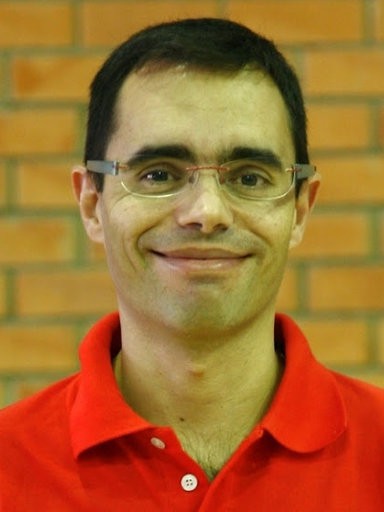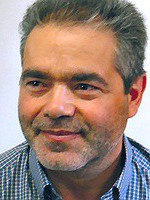resumo
In this paper, we present a new series of alkali-free bioactive glasses (BG) based on FastOs(R) composition (38.49 SiO2 - 36.07 CaO - 19.24 MgO - 5.61 P2O5 - 0.59 CaF2, expressed in mol %), which was modified by partially replacing silicon dioxide network-former with boron trioxide network-former, utilizing calcium oxide as a charge compensator. The main objective of this study was to obtain a new family of bioactive glasses suitable for the fabrication of glass fibers. The BGs were prepared by melt quenching technique and their structural and thermal properties were determined. Glass rods were used to obtain fibers by the classic drawing technique. The bioactivity of the fibers was subsequently assessed through immersion tests in simulated body fluid (SBF) to establish their ability to form hydroxyl carbonated (HCA) apatite onto their surfaces. Glasses with moderate substitution of SiO2 with B2O3 exhibited enhanced thermal properties, allowing to significantly suppress the crystallization trend, and favoring to draw the fibers. The structure of the studied glasses was obtained by NMR spectroscopy. The structure-property correlations were established by their relationship to the configurational entropy. Smaller amounts of substitution resulted in larger entropy of the glasses. Moreover the SBF tests revealed an extensive formation of HCA, comparable to the parent FastOs(R)BG composition, which assures fast bonding to the bone. Thus, presented glass fibers may be considered as promising materials for wool-like bone implants or as reinforcing constituent of biopolymer matrix composites.
palavras-chave
IN-VITRO; BOROSILICATE GLASSES; SILICATE; BORATE; CRYSTALLIZATION; DISSOLUTION; DEPENDENCE; SCAFFOLDS; 45S5
categoria
Materials Science, Ceramics
autores
Gaddam, A; Golebiewski, P; Fernandes, HR; Pysz, D; Neto, AS; Diduszko, R; Malinowska, A; Stepien, R; Cimek, J; Buczynski, R; Ferreira, JMF
nossos autores
Grupos
G1 - Materiais Porosos e Nanossistemas
G3 - Materiais Eletroquímicos, Interfaces e Revestimentos
G5 - Materiais Biomiméticos, Biológicos e Vivos
Projectos
CICECO - Aveiro Institute of Materials (UIDB/50011/2020)
agradecimentos
This work was developed in the framework of Portugal-Poland (FCT-NAWA) Scientific and Technological Cooperation, 2019/2020 -Project no. 6818 -311 and Polish National Agency for Academic Exchange, grant number PN/BIL/2018/1/00253. The work was developed within the scope of the project CICECO-Aveiro Institute of Materials, UIDB/50011/2020 & UIDP/50011/2020, financed by national funds through the FCT/MEC and when appropriate co-financed by FEDER under the PT2020 Partnership Agreement. The NMR spectrometers are part of the National NMR Network (PTNMR) and are partially supported by Infrastructure Project No 022161 (co-financed by FEDER through COMPETE 2020, POCI and PORL and FCT through PIDDAC).




